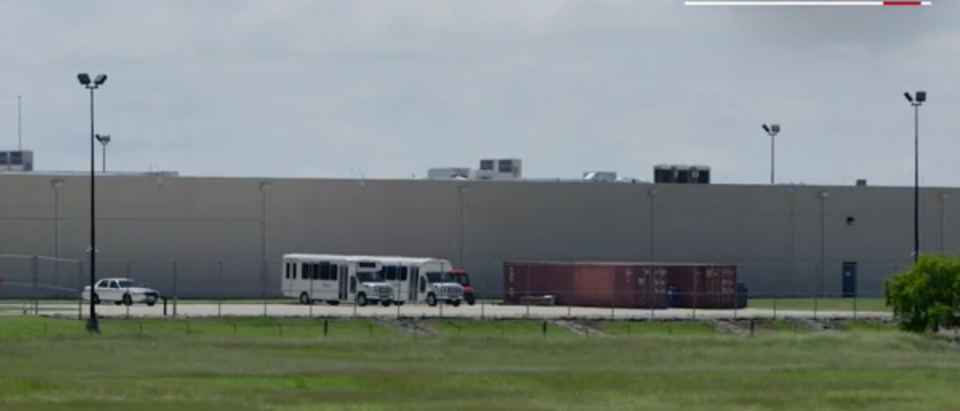A report released Wednesday by the Center for Immigration Studies (CIS) found that weaknesses in the U.S. asylum system leaves open the possibility of fraud.
Asylum is an immigration benefit that allows refugees to stay in the U.S., work, receive government benefits, apply to become legal permanent residents and eventually citizens.
CIS author Andrew Arthur, a former immigration judge, concluded that his findings show that there is a low bar for evidence for asylum claimants to offer to enter and stay in the United States.
Arthur says that though there has been a large number of high-profile asylum fraud cases in recent years, the Department of Homeland Security (DHS) has not completed a review of how far-reaching the fraud is in the area of asylum submissions.
“Many have been instructed to claim ‘credible fear’ of returning to their home countries. With their oral testimony often offered as the only evidence to support their claims, and with few Asylum Officers, only 35 Fraud Detection and National Security officers assigned to asylum offices throughout the country, and a mere 316 Immigration Judges already overwhelmed by a backlog of 542,411 cases, it should be no surprise that the credible fear process is uniquely susceptible to fraud.”
Arthur analyzed the process of claiming “credible fear” by aliens looking to enter or stay in the United States and found the number of asylum applications received by U.S. Citizenship and Immigration Services (USCIS) spiked in recent years.
In fiscal year 2014, USCIS received 56,912 asylum applications, 84,236 in FY 2015 and 115,888 in FY 2016. As the applications submissions grew, the claims of credible fear cases processed by the USCIS multiplied more than eight-fold between FY 2009 and FY 2015.
The Immigration Nationality Act states, “[t]he testimony of [an] applicant [for asylum and withholding of removal] may be sufficient to sustain the applicant’s burden without corroboration, but only if the applicant satisfies the trier of fact that the applicant’s testimony is credible, is persuasive, and refers to specific facts sufficient to demonstrate that the applicant is a refugee.”
According to the CIS report, “Aliens with ties to terrorist organizations have attempted to enter illegally and claim asylum fraudulently. Hundreds of aliens to whom the terrorist bar to asylum may apply have been found to have a credible fear.”
Arthur points to the overload of asylum cases and “the lack of detention space along the border, many aliens subject to expedited removal are sent to detention facilities throughout the country.”
He adds, that the long distances between these detention facilities and the asylum offices cause numerous credible fear interviews to happen by telephone.
“Most of the aliens in these proceedings do not speak English, requiring the asylum officers to employ interpreters, many of whom also appear telephonically. From experience, it is difficult enough to identify deception when hearing testimony in a courtroom through an interpreter; this task becomes all the more difficult when the finder of fact cannot also assess demeanor,” wrote Arthur.
Additionally, the report notes that asylum confidentiality regulations restrict the extent to which asylum officers can verify information overseas
These findings surfaced in the wake of record numbers of asylum applications in Mexico since President Trump came to office. More Central Americans are now looking at obtaining refuge in Mexico instead of coming into the U.S. and risk arrest and deportation.


